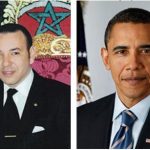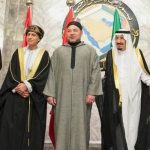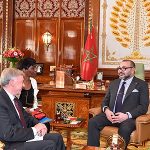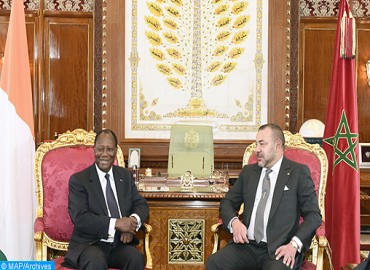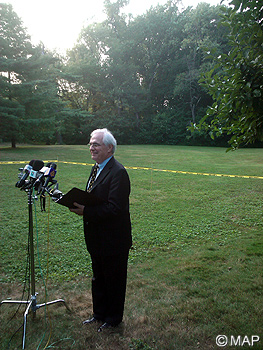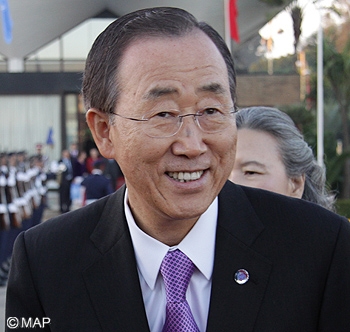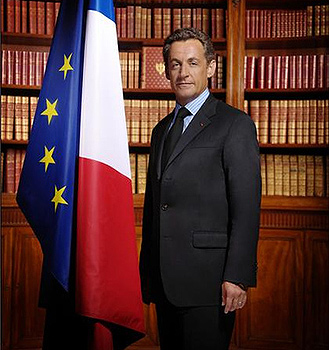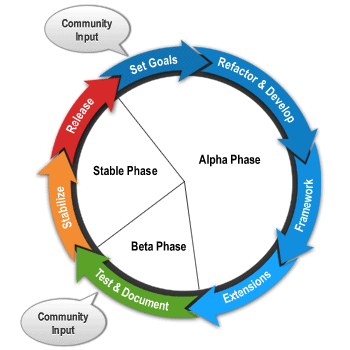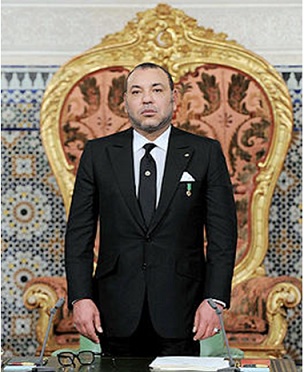Western Sahara: For God’s Sake, Leave These Guys Alone
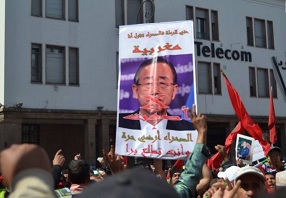
PERSISMA, Warsaw – “I came here to protest for our Sahara…because I’ve heard that Ban Ki-moon decided to give it to the Polisario,” said a young Moroccan man to the online newspaper Lakome2 during the large demonstration that took place March 13 in Rabat.
This naive statement, among many others like it, was turned into a joke on social media. Many have wondered, “How could people demonstrate for a cause about which they know almost nothing?” This begs another question: “How can people adequately defend a cause about which they know nothing?”
Aside from the fact that a large majority of the demonstrators at the march were piled into buses by the order of local authorities with lunchboxes thrown in as bonus, we see in this man’s statement the core problem: the issue of Moroccan Sahara should be solved on the international stage, not on the local front.
Why Should the Western Sahara Issue be Solved on the International Stage?
Merely because Morocco doesn’t need such huge – and random – demonstrations to prove to the rest of the world that the disputed territory belongs to the Moroccan state. This nationalist feeling was mainly developed in the aftermath of the Green March when 350,000 Moroccans voluntarily responded to the call of the late King Hassan II in order to liberate the Sahara from Spanish rule. Since then, this territory has been Moroccan by heart.
I was born 10 years after the Green March, and I’m quite sure that today the overwhelming majority of Moroccans believe that the Western Sahara (don’t be offended! it’s nothing but a geographic indication) is Moroccan. They believe this not because they have read theoretical books and UN resolutions on the issue, or even because they attended the demonstration on March 13 at the urging of local authorities, but rather because they simply “feel it.” They grew up with this truth!
Most of the demonstrators on March 13 have never been to the Sahara. They don’t know almost anything about the history, the geography and the customs of this territory. However, they feel that they belong to this region and that this region belongs to them. For most Moroccans, it is not a matter of rational choice, but rather a matter of an emotional need: belonging.
I can say that if this demonstration has a good side it would be that it showed quite clearly that the average citizen fully believes in Morocco’s most important cause. Nonetheless, this natural and legitimate patriotic feeling can easily turn for the worst. It was the American writer and journalist Ambrose Bierce who described patriotism as “combustible rubbish ready to the torch of any one ambitious to illuminate his name.”
I don’t want to be alarmist nor cynical, but, unfortunately, Bierce’s warning proved correct on Sunday, March 13. That day, the naive but sincere feeling of belonging turned into a collective expression of hatred. In this case, a series of personal attacks were made against the UN Secretary-General. Worst of all, insulting puns have flourished. Ban Ki-moon’s name has been hijacked for the purpose of inappropriate and disrespectful jokes such as “Donkey-moon” and “Monkey-moon.” Needless to say, many more of these jokes are not fit to print.
So, let’s come back to the guy quoted at the beginning of this column. After his answer cited above, he was asked, “Who is Ban Ki-moon?” His answer was astonishing. While laughing naively, he said that “Ban Ki-moon is the…the…Union constitutionnelle.”
What to say to this? After laughing (and feeling a bit guilty about it), I’ve given it some thought and I ended up with the following: The issue of the Moroccan Sahara is a political one, and it’s up to the diplomats to solve it, not our friend quoted above.
As Friedrich Nietzche said, “The most perfidious way of harming a cause consists of defending it deliberately with faulty arguments.” (Ali Hassan Eddehbi)


